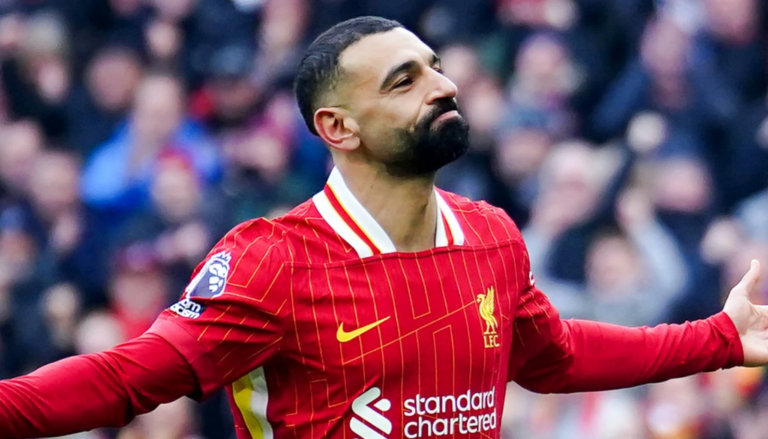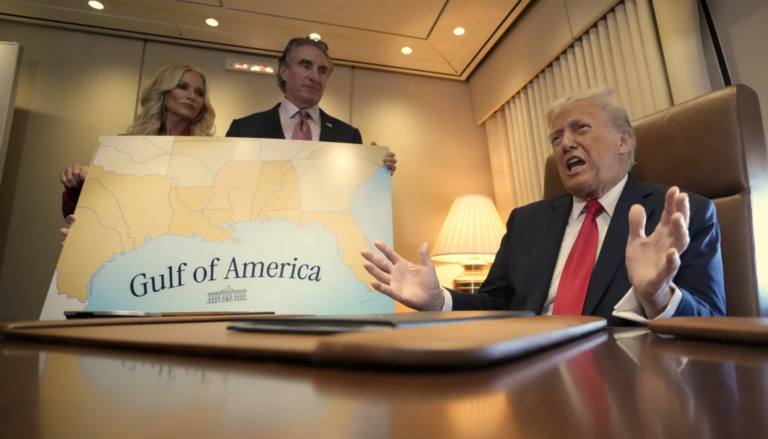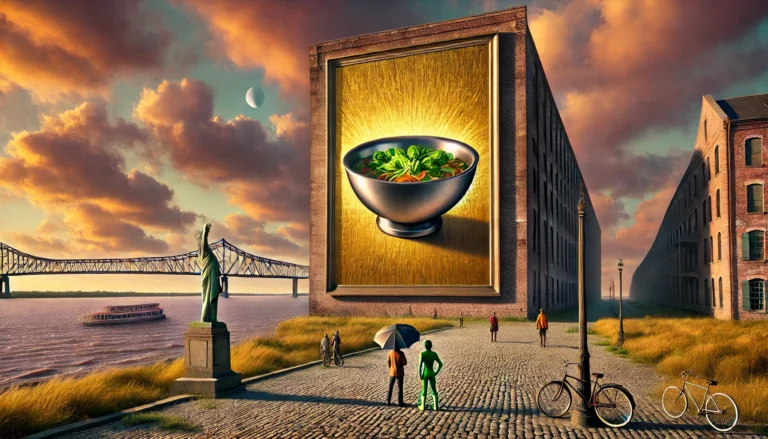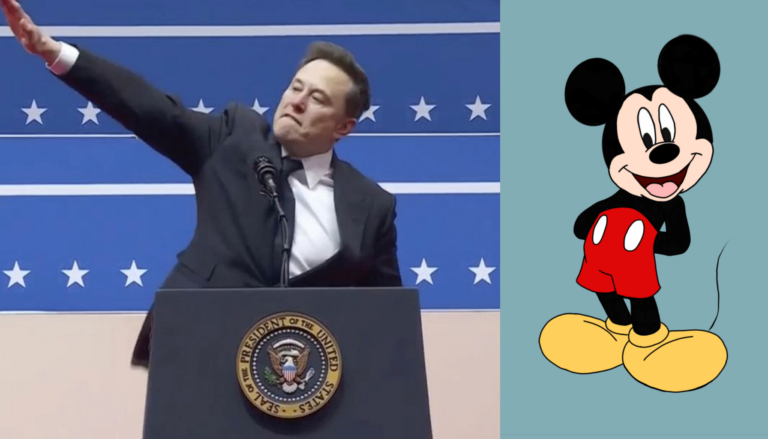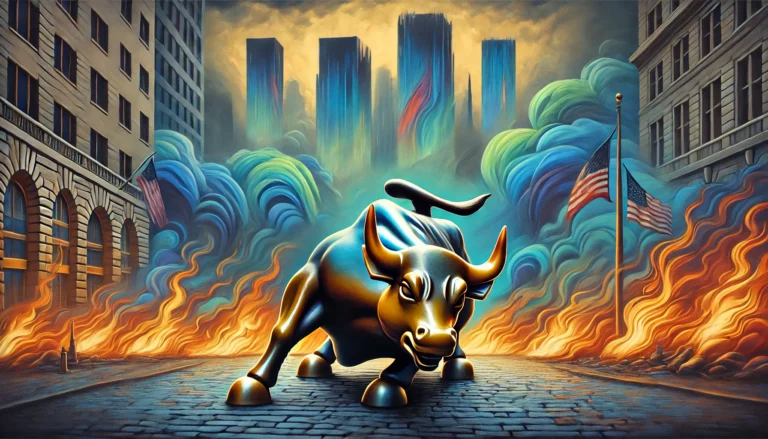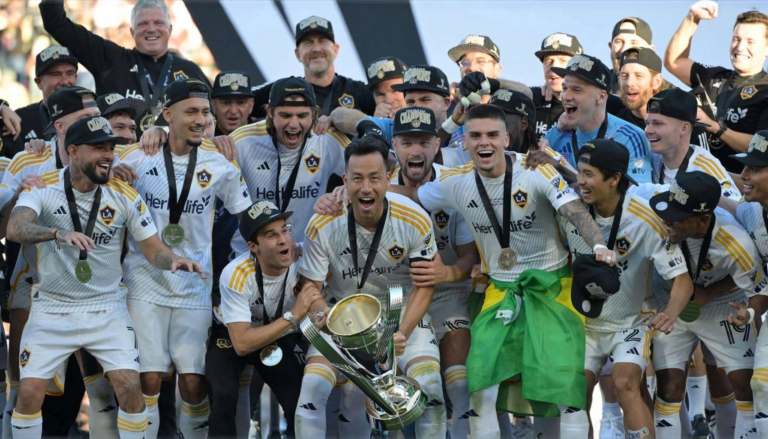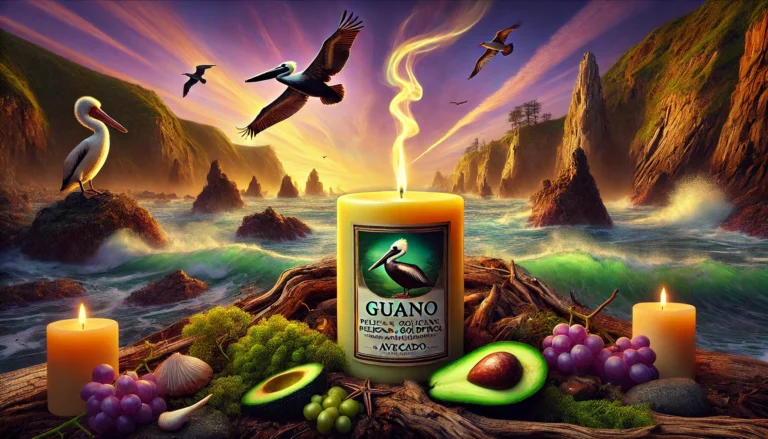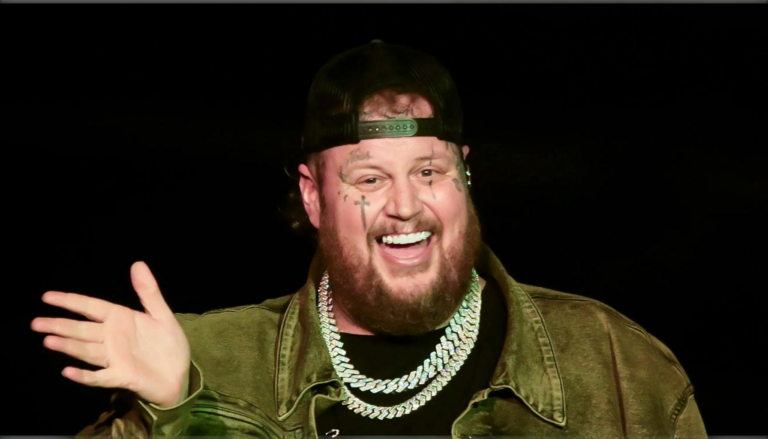It was an overcast Wednesday in Los Angeles, the kind where the marine layer lingers long enough to make you wonder if the sun has abdicated entirely. At a hastily convened press conference on the steps of City Hall, Dalton Knecht, a power forward for the Los Angeles Lakers and now, apparently, the self-anointed King of Los Angeles, declared his dominion with the effortless confidence of someone who just hit 9 three pointers against the Utah Jazz.
“I am the King,” Knecht said, his voice steady, as if such a statement were not only true but long overdue. Behind him, a crowd of admirers—mostly fans in purple-and-gold jerseys and a smattering of A-listers in sunglasses—roared their approval. “And under my rule, there will be no poverty, no homelessness, and no racism in this city.”
This is Los Angeles, of course, where declarations like this are both absurd and oddly plausible. We are a city built on belief, on the thin membrane separating performance from reality, and here was Knecht, straddling that line with the kind of audacity that gets you either a star on Hollywood Boulevard or run out of town. Maybe both.
It is not entirely clear how Knecht, whose civic résumé begins and ends with dunking on the Golden State Warriors, intends to achieve these lofty goals. But, again, this is Los Angeles. The question is less about how and more about why not.
The narrative took another sharp turn later that afternoon, when Taylor Swift—pop megastar, global icon, and recent tabloid fixture thanks to her entanglement with NFL star Travis Kelce—was spotted at Knecht’s side. By evening, the hashtags were trending: #KingKnecht, #SwiftKnation. Kelce, sources say, was “blindsided.”
If Los Angeles thrives on reinvention, then Swift has long been its unofficial poet laureate, chronicling heartbreak and hope with the precision of Raymond Chandler detailing a late-night stakeout. Her alignment with Knecht feels both inevitable and surreal, like a plot twist engineered by a Netflix algorithm.
As if rewriting the social and political order wasn’t enough, Knecht announced his first executive decree: a citywide renaming project. Out with the familiar, in with the literary:
- Griffith Park will now be known as Didion Park, a sprawling tribute to the author who captured the city’s neuroses with scalpel-like prose.
- The Hollywood sign? Retired, replaced by a sign reading Bukowski Hill, honoring the bard of beer-stained bar tops.
- The Venice canals are now Mosley Marina, a nod to Walter Mosley’s textured portraits of South Central.
- Himes Boulevard: Crenshaw rebranded to honor Chester Himes and his vibrant depictions of L.A. noir.
- Griffith Park Observatory of Octavia: Octavia Butler lends her name to the Griffith Observatory, symbolizing vision and otherworldly imagination.
- Bradbury Sprawl: Universal CityWalk takes on Ray Bradbury’s legacy of speculative wonder that captured suburban and universal Americana.
“We are a city of storytellers,” Knecht said. “It’s time we honored them.”
That evening, the streets felt electric. The sun had returned, bathing the skyline in a bruised pink glow. On the corner of Wilshire and Grand—now renamed Fante Junction—a busker played “Shake It Off” on a ukulele. Someone handed out fliers titled “A Manifesto for the Kingdom of Knecht.” A homeless man reading Slouching Towards Bethlehem remarked, “At least this one’s trying.”
For now, Los Angeles belongs to Dalton Knecht, its self-proclaimed king. Whether his reign will be remembered as revolutionary or ridiculous remains to be seen. But in a city that appears to thrive on spectacle, where dreams and delusions blur into something like reality, it might just matter to you.



